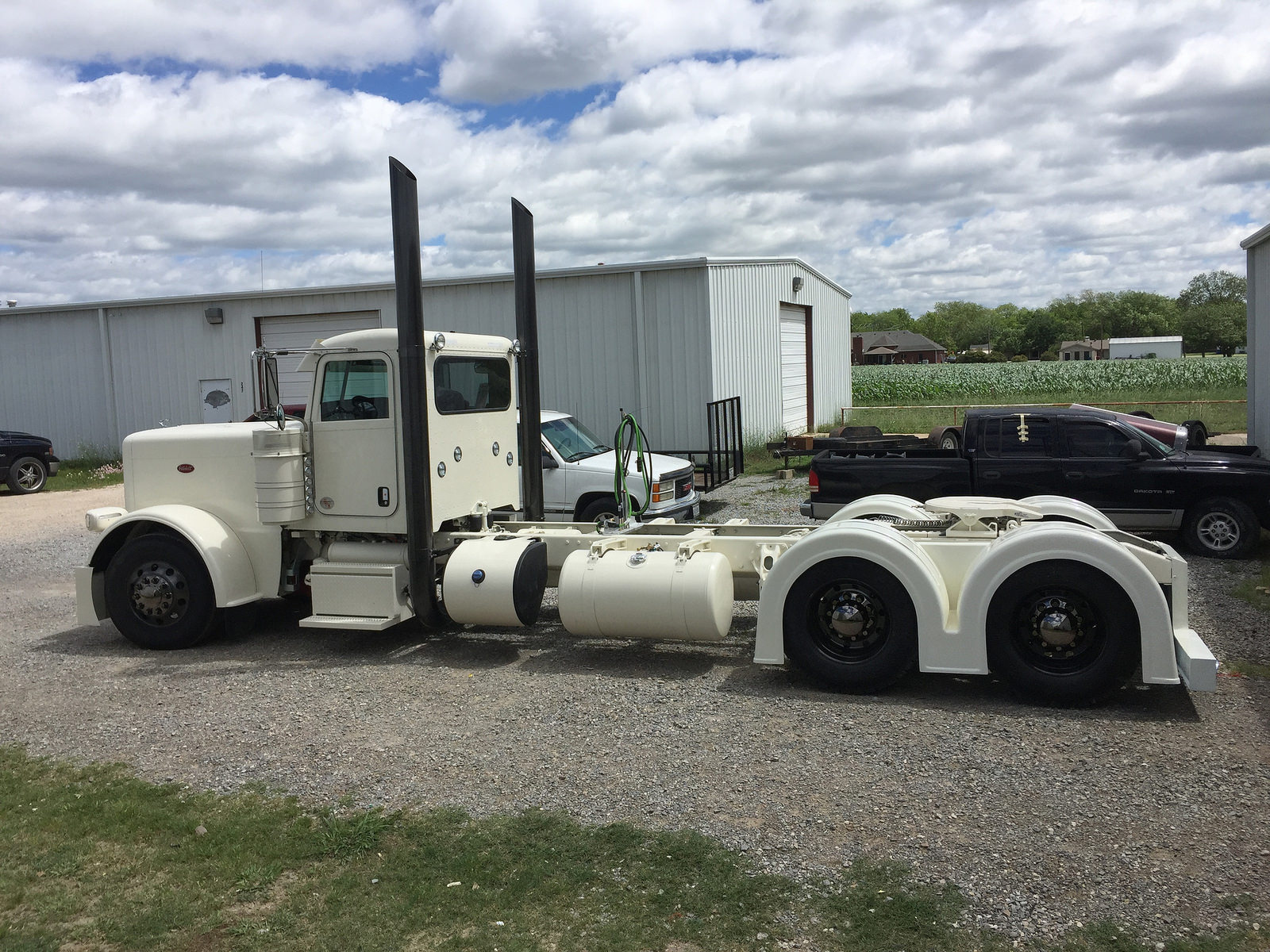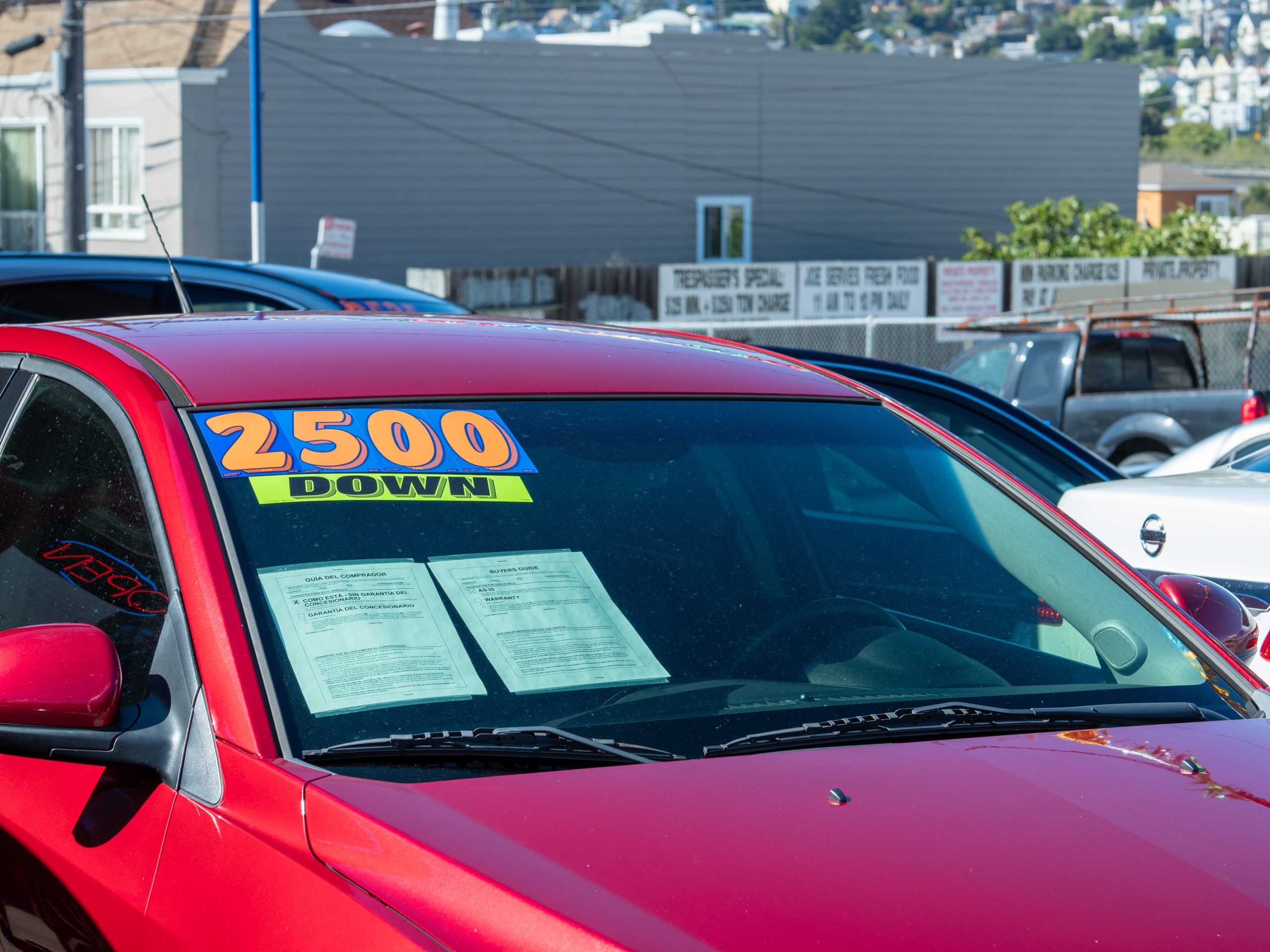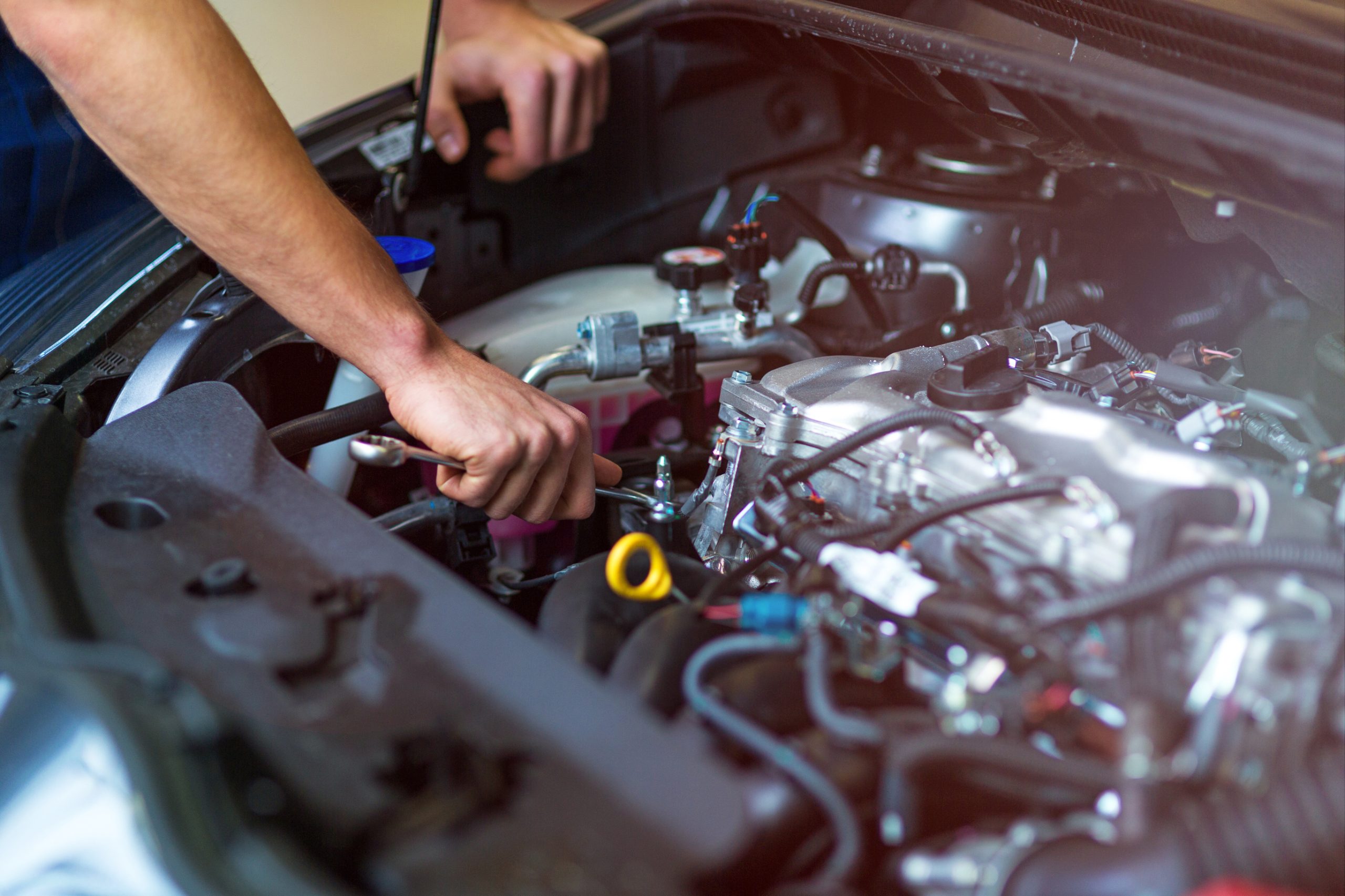Maintaining big rigs, also known as semi-trucks, 18-wheelers, or tractor-trailers, is crucial for ensuring safety, efficiency, and longevity. These heavy-duty vehicles are essential for transporting goods across long distances, and any mechanical failure can lead to costly downtime and even dangerous situations. In this blog post, we will discuss some common mechanical issues that big rigs face and how to prevent them through regular maintenance and proactive care.
1. Transmission Problems
Common Issues: Big rigs often experience transmission problems, including slipping gears, delayed or harsh shifting, and overheating. These issues can significantly impact the vehicle’s performance and can lead to more severe damage if not addressed promptly.
Causes: Transmission problems can arise from low or contaminated transmission fluid, a worn-out clutch (in manual transmissions), or faulty sensors and electronic components. Overheating can also result from excessive strain on the transmission, such as towing heavy loads or driving in hilly terrain.
Prevention: Regular transmission fluid checks and changes are essential to prevent these issues. It’s also important to ensure that the clutch is inspected and adjusted as needed. Using high-quality transmission fluid and components can further protect the transmission from wear and tear.
2. Brake Failures
Common Issues: Brake failures in big rigs can manifest as brake fade, reduced braking power, air brake system leaks (for air brake-equipped trucks), and worn-out brake pads or discs. Brake issues can compromise safety, especially when hauling heavy loads.
Causes: Overheating due to excessive braking or long downhill drives, leaks in the air brake system, and lack of regular maintenance are common causes of brake failures. Worn-out components and low brake fluid levels can also lead to brake issues.
Prevention: Regular brake inspections and maintenance are crucial. Brake pads and rotors should be checked for wear, and the brake system should be properly adjusted. Monitoring and maintaining air pressure in air brake systems is also essential for optimal performance.
3. Engine Overheating
Common Issues: Engine overheating is a common problem in big rigs, which can lead to severe engine damage if not addressed. Symptoms include the engine running hotter than normal, coolant leaks, and a malfunctioning radiator or cooling fan.
Causes: Engine overheating can be caused by a blocked or leaking radiator, a faulty thermostat or water pump, insufficient coolant levels, or an improper coolant mix. Heavy loads and extreme weather conditions can exacerbate the problem.
Prevention: Regular coolant level checks and top-ups, radiator flushes and cleaning, and inspecting and replacing faulty cooling system components can help prevent overheating. It’s also important to use the correct coolant mix as specified by the manufacturer.
4. Tire Issues
Common Issues: Tire issues in big rigs include uneven tire wear, blowouts, and poor traction. These problems can lead to reduced fuel efficiency, handling issues, and increased risk of accidents.
Causes: Improper tire inflation, misalignment, unbalanced tires, overloading, and using poor-quality tires can all contribute to tire problems. Additionally, failing to rotate tires regularly can lead to uneven wear.
Prevention: Regular tire inspections for wear and damage are essential. Ensuring proper tire inflation, rotating and balancing tires, and performing wheel alignments can prevent many common tire issues. Using high-quality tires designed for heavy-duty use is also recommended.
5. Suspension and Steering Problems
Common Issues: Suspension and steering problems can cause uneven ride quality, excessive bouncing, and difficulty steering. These issues can affect the vehicle’s stability and safety.
Causes: Worn-out shocks or struts, loose or damaged steering components, and misaligned wheels are common causes of suspension and steering problems. Heavy loads and rough terrain can accelerate wear on these components.
Prevention: Regular inspections of suspension and steering systems are crucial. Replacing worn or damaged components promptly and ensuring proper wheel alignment can prevent many issues. It’s also important to avoid overloading the vehicle, which can strain the suspension.
6. Electrical System Failures
Common Issues: Electrical system failures in big rigs can include dead batteries, slow starts, malfunctioning lights, and short circuits. These issues can lead to unexpected breakdowns and safety concerns.
Causes: Corroded battery terminals, faulty alternators, worn-out wiring, and lack of regular electrical system checks are common causes of electrical failures. Extreme temperatures can also affect battery performance.
Prevention: Regular battery and electrical system inspections are essential. Keeping battery terminals clean and secure, testing battery charge levels, and promptly addressing any electrical issues can prevent failures.
7. Exhaust and Emission System Issues
Common Issues: Excessive exhaust smoke, failed emissions tests, and loud exhaust noises are common issues with exhaust and emission systems in big rigs.
Causes: Exhaust leaks, damaged components, faulty sensors, and clogged or malfunctioning Diesel Particulate Filters (DPF) can cause these issues. Poor fuel quality can also affect the emission system.
Prevention: Regular exhaust system inspections, ensuring the proper functioning of emission control systems, and cleaning or replacing the DPF as needed can prevent these issues. Using high-quality fuel and adhering to recommended maintenance schedules are also important.
Conclusion
Regular maintenance is essential for preventing common mechanical issues in big rigs. By proactively addressing potential problems, you can ensure your vehicle’s safety, reduce repair costs, and extend its lifespan. At AutoBody by Fisher, we offer comprehensive maintenance and repair services for big rigs, ensuring that your vehicle remains in top condition. Contact us today to schedule a maintenance appointment and keep your big rig running smoothly on the road.




Leave a Reply